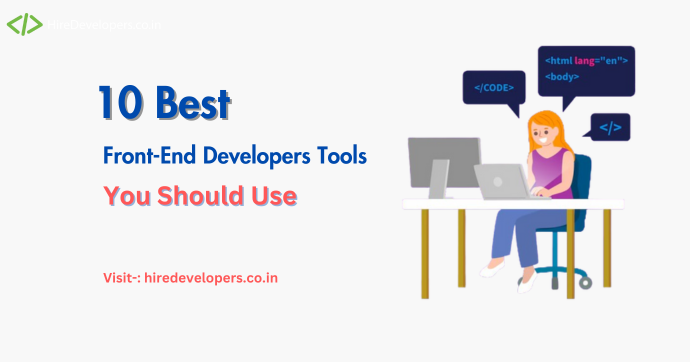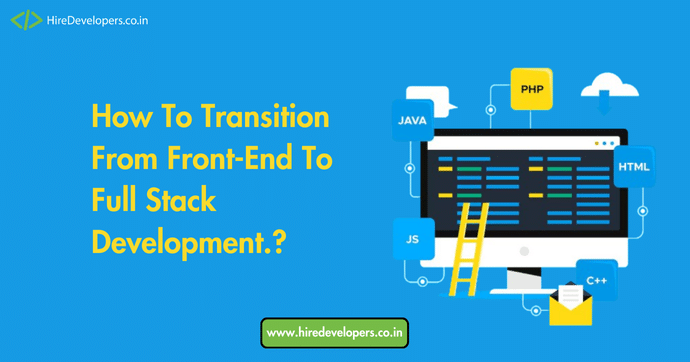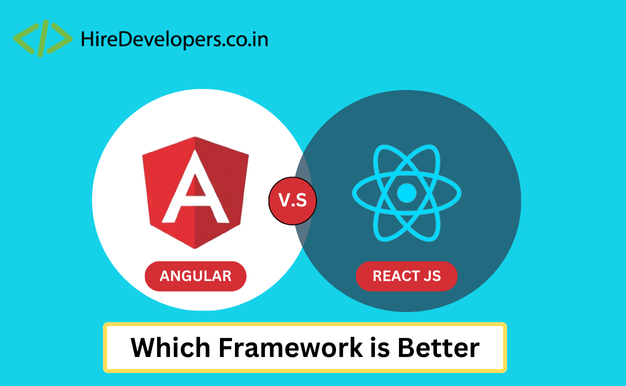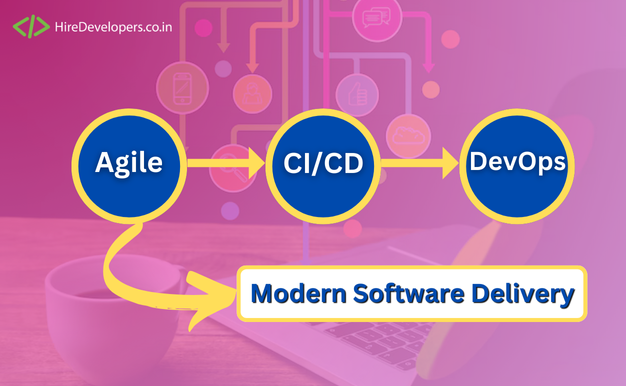December 1, 2024
Author: admin
How is AI Revolutionizing The Agriculture Industry in Today’s Digital World?

Imagine having a personal farming assistant powered by artificial intelligence (AI). This AI assistant would analyze historical and real-time data to recommend the perfect crops to plant, guide you on precise resource usage, and even predict potential problems before they arise.
This isn’t science fiction – it’s the exciting reality of AI revolutionizing in agriculture. As the global population continues to grow, traditional farming methods are reaching their limits. AI offers a transformative solution, ushering in a new era of precision agriculture.
The Current Landscape of AI in Agriculture
The global market for AI in agriculture is booming, projected to reach a staggering USD 4.8 billion by 2028. This rapid growth reflects the immense potential of AI revolutionizing the way we farm. Here are some key statistics highlighting this trend:
The smart farming market worldwide is expected to reach USD 33 billion by 2027, showcasing the increasing adoption of AgTech solutions.
The global agricultural robots market is poised to reach 36 billion units by 2030, indicating a rise in automation within the agricultural sector. These numbers paint a clear picture: AI is not just a futuristic concept, it’s rapidly transforming the agricultural landscape.
Challenges Faced by Traditional Farming Methods
As the world grapples with climate change and population growth, the limitations of traditional farming practices become increasingly evident. Here are some of the key challenges farmers face:
- Unpredictable Weather Conditions: Farmers often lack access to accurate weather forecasts, making it difficult to plan planting schedules, irrigation needs, and harvesting times. Inaccurate predictions can lead to improper planning, impacting crop yields and overall farm productivity.
- Inaccurate Decision-Making: Without advanced technologies and real-time data, farmers rely solely on past experiences for critical decisions on soil preparation, crop selection, and planting times. These decisions can be flawed, leading to suboptimal harvests.
- Pest and Disease Management: Traditionally, pest and disease infestations are often discovered only after significant damage has already occurred. This results in substantial crop losses, with estimates suggesting a staggering 20-40% of global crop production lost annually due to pests.
- Labor Intensiveness: Farming has always been a physically demanding and labor-intensive profession. This heavy reliance on manual labor adds to operational costs and limits scalability.
- Food Waste and Loss: Inefficient tools and a lack of market demand forecasting often lead to overproduction or underproduction, resulting in avoidable food waste.
How is AI Revolutionizing Every Step of the Agricultural Lifecycle?
Planting the Seeds for Success: AI analyzes soil data to determine the perfect preparation for optimal crop growth. It also analyzes historical weather patterns to identify the ideal sowing window and recommend the best suited seed varieties. Drones equipped with AI can map fields and guide automated seed-sowing equipment for uniform distribution.
Growing Smarter: AI helps farmers optimize resource usage. By analyzing soil nutrients and crop needs, AI generates customized fertilizer mixes, preventing both over-use and under-supply. AI-powered irrigation systems monitor weather, crop conditions, and soil moisture to ensure optimal water usage and predict potential droughts. AI can even identify water-efficient crop varieties.
Protecting Your Harvest: AI empowers farmers to monitor crop health. Sensors, drones, and image recognition software detect diseases, pests, and nutrient deficiencies early on, allowing farmers to take swift action and minimize damage. Robots equipped with AI can eliminate weeds while calculating the precise amount of herbicide needed, reducing waste and cost.
Reaping the Rewards: AI-powered harvesting robots equipped with cameras and mechanical arms selectively harvest ripe produce, maximizing yield and minimizing waste. AI also enables accurate yield mapping and efficient sorting of harvested crops. Smart storage units with AI-powered sensors ensure ideal conditions for storing produce, while AI-driven automation streamlines the storage process and even predicts shelf life.
Read More For Usefull Information-: hire expert developers
The Future of Farming: A Symbiosis of Tradition and Technology
The integration of AI into agriculture isn’t about wiping the slate clean. It’s about creating a powerful partnership between cutting-edge technology and time-tested practices.
- Hyper-local Farming: AI helps farmers cater to local preferences, reducing transportation and environmental impact.
- Data-Driven Decisions: AI provides real-time data to guide farm operations, minimizing risks and maximizing yields.
- Sustainable Practices: AI optimizes resource usage, promoting water conservation, reduced chemicals, and healthier soil.
- Transparency in Supply Chain: AI tracks crops, allowing consumers to see origin, quality, and processing methods.
- Closing the Skill Gap: AI assists farmers and trains new workers for the tech-driven agricultural future.
Of course, challenges remain. Accessibility and cost can be hurdles for small and medium-scale farmers. Developing cost-effective solutions and implementing government subsidies are crucial to bridge this gap. Data security and privacy are also paramount, requiring robust cybersecurity measures and ethical data governance practices. Finally, bridging the digital divide in rural areas is essential for ensuring equitable access to AI technologies. Government initiatives and public-private partnerships can play a vital role in providing rural communities with the necessary infrastructure and training.
Wrapping-up
AI is not a magic solution to the challenges faced by agriculture. However, its potential to transform the industry is undeniable. By embracing AI while preserving the wisdom of traditional farming practices, we can cultivate a more sustainable, productive, and resilient future for agriculture, ensuring food security for generations to come. This future promises a world where technology empowers tradition, leading to a more efficient, sustainable, and transparent food system for all.








